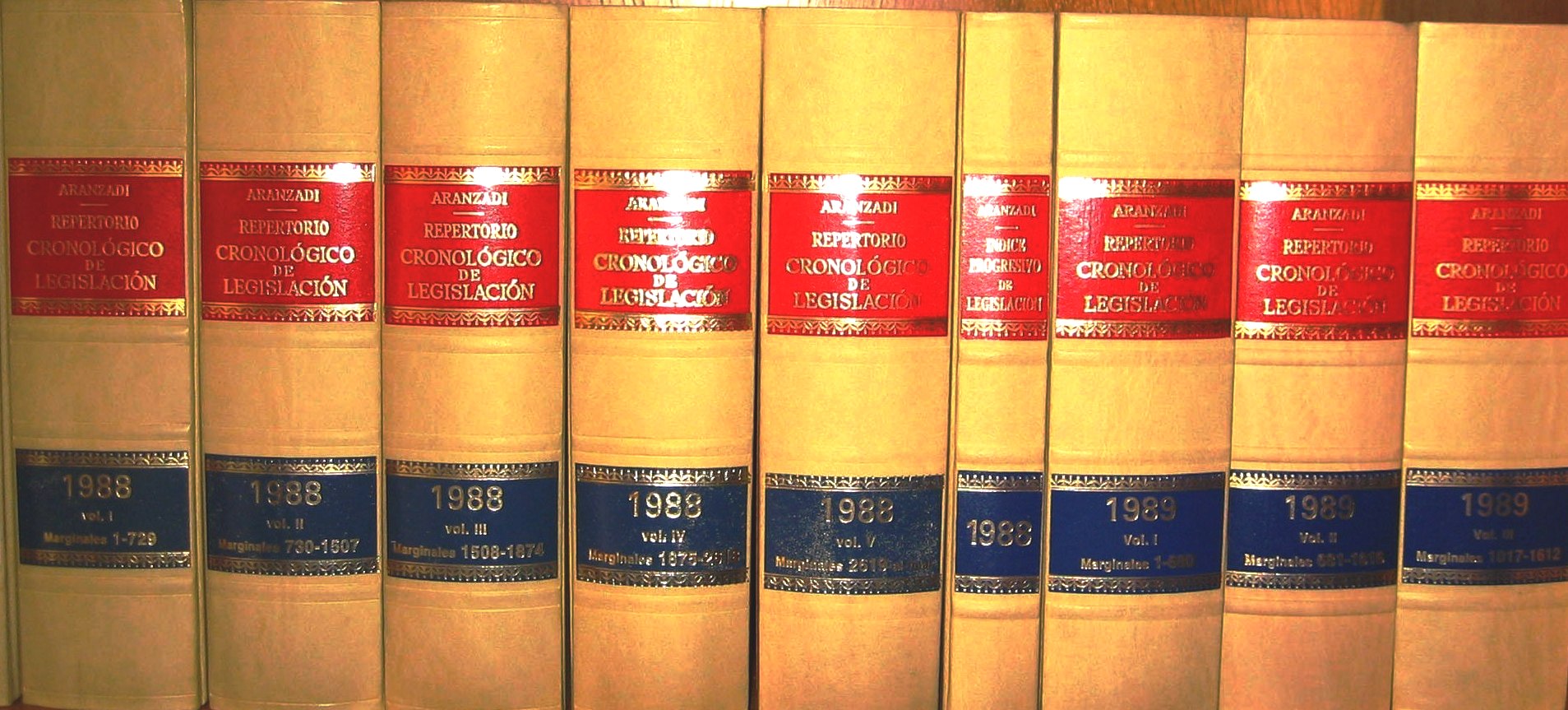Is privatization of Water Management a necessary decision?
The digital media nuevatribuna.es denounces that the new Governement has been developing a consistent trend of clear attempts to privatize essential public services (health, education...) on the grounds of an alleged “greater efficiency” of private management of public resources. Water resources are not an exception, backed by the existence of previous similar experiences in some Spanish regions.
Due to the financial asphyxia resulting from the economic crisis suffered by both Regions and Municipalities alike, regional and municipal bodies see the sale of Water Concessions as a fast and direct way to overcome the crisis, thus obtaining funds that allow them to survive.
Following the almost absolute disappearance of their main source of income, (the construction industry) Municipalities have to face expenses, investments and commitments for which there presently exists an absolute lack of state funding. So, “selling” the highly valuable water services through administrative water concession is regarded as a fast and expeditious solution.
The repor indicates that concessions are administrative contracts, executed for long periods of time, (normally between 30 to 50 years), in favor of a private company. Usually, the contracts provide that concessionaire companies are guaranteed a minimum profit (sometimes exceeding 10% of the revenues) while the contracts do not specifically reflect the level of the investments that the concessionaire has to make in order to maintain and improve the service through the years. This results in lack of appropriate investment patterns to the prejudice of the quality of water services, which deteriorate to the benefit of maximized profits.
The first thing that a concessionaire normally does once the contract comes into effect is to increase prices in a market with little or no competition. Consumers are therefore impacted by a monopoly in fact. Certain statistics indicate that the collection rate of water fees reaches some 97%, so the concessionaires secure a steady, regular income and great financial stability, immune to economic ups and downs.
The situation is worsened by the fact that Concessions are normally granted to large multinational companies, with huge financial resources, already serving 13 million customers.
Studies made in connection with different existing award schemes indicate that privatization has not brought the expected efficiency, thus leading concerned citizens to ask whether there may be other reasons to justify the privatization processes.
Two reasons could be readily advanced, the media argues. The first is obviously ideological in nature and derives from the application of neo-liberal ideas to the rendering of water services. The second is that we are paving the way for a new “bubble” boom, similar to the disastrous real estate boom that was material in putting Spain in its present economic and financial distress. The case of the Madrid water services (Canal de Isabel II) is a clear cut example. The former Madrid regional government made efforts to privatize the “Canal” services, (having a market value of some estimated 3 billion Euros), in spite of the fact that the Canal yielded a profit of 114 million Euros in 2010. Therefore, the inefficiency of public management would not be an argument for the privatization of the Canal water services. Whether such management may have yielded higher profits in private hands is a question mark but, in any event, such possible higher profits would have gone to private (multinational) hands rather than serving to improve the rendering of this essential community service.
Water is certainly a key problem for the Environmental Minister Mr. Arias Cañete, as the National government has failed to produce the river basin plans that are mandatory and is also far from finishing more than one thousand treatment plants according to the agreement signed with the European Union. The EU, in turn, filed a complaint against Spain because of the low use of desalination plants, which were materially subsidized by the European Union.
Finally, the distressed financial situation of a large number of Municipalities cause such local bodies to make decisions that are not always free and unconditioned.
We consider that basic services such as National Defense, Health, Education and Justice have to find protection under the umbrella of constitutional principles protecting them against political, economic and social ups and downs severely impacting on the unprotected average citizen.
Water management should not be an exception.
Back to read more reports
